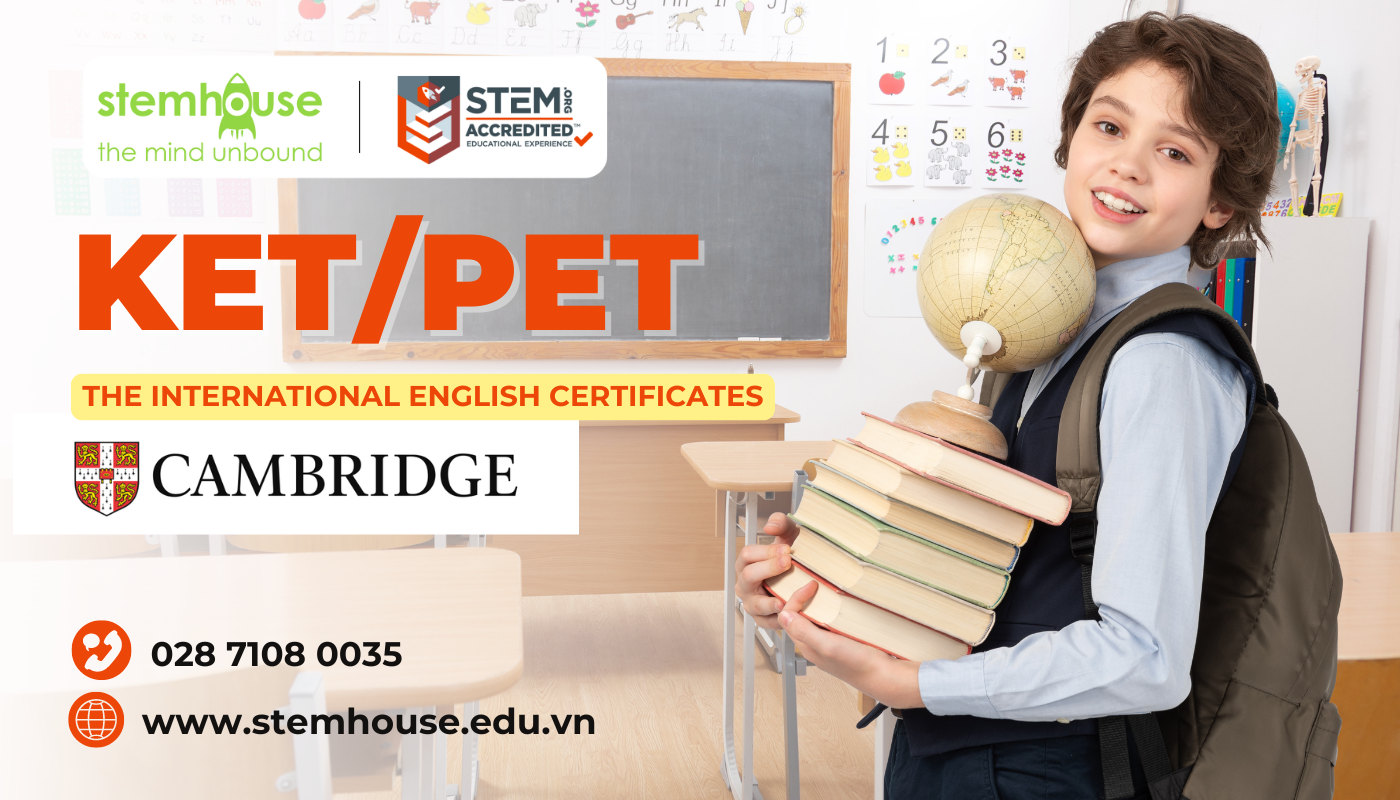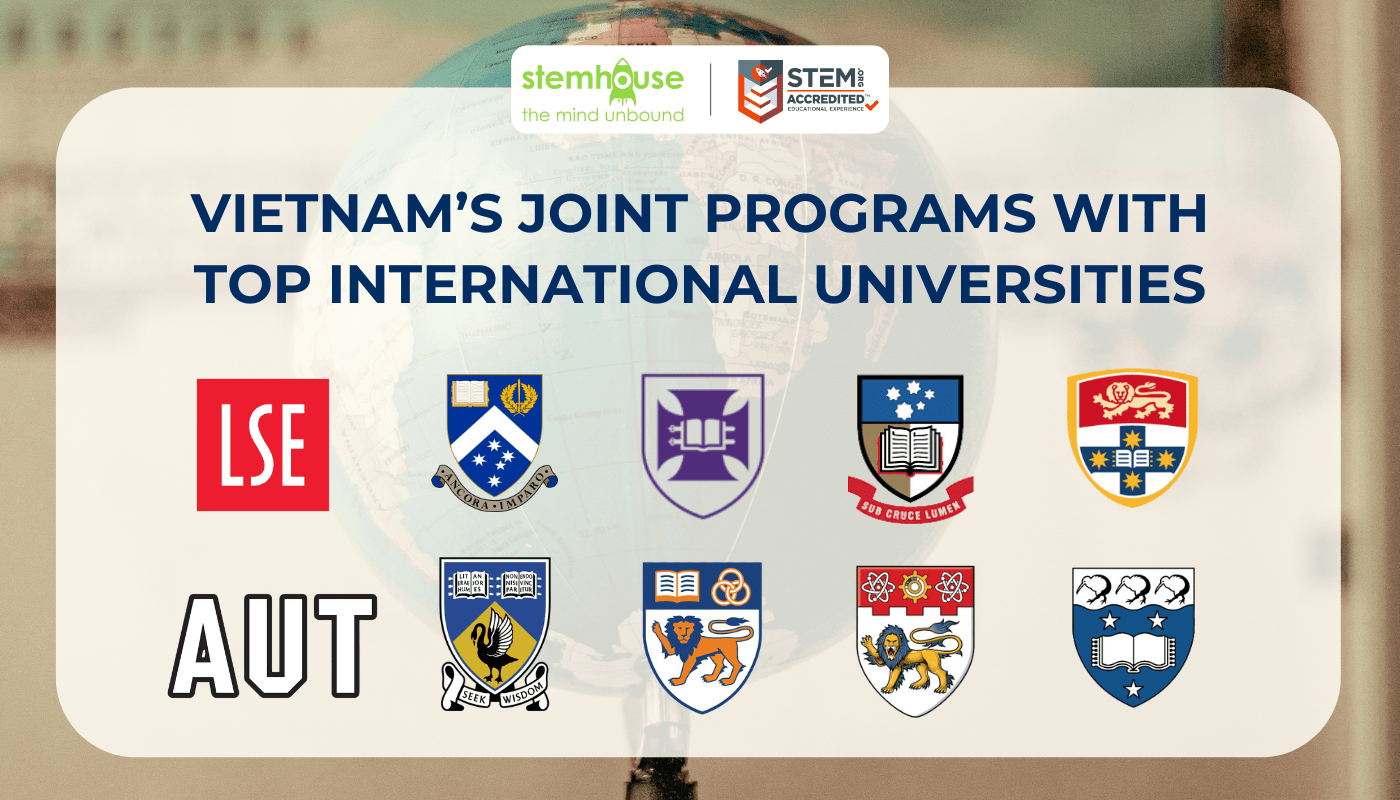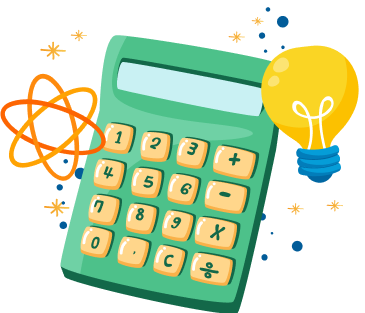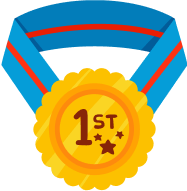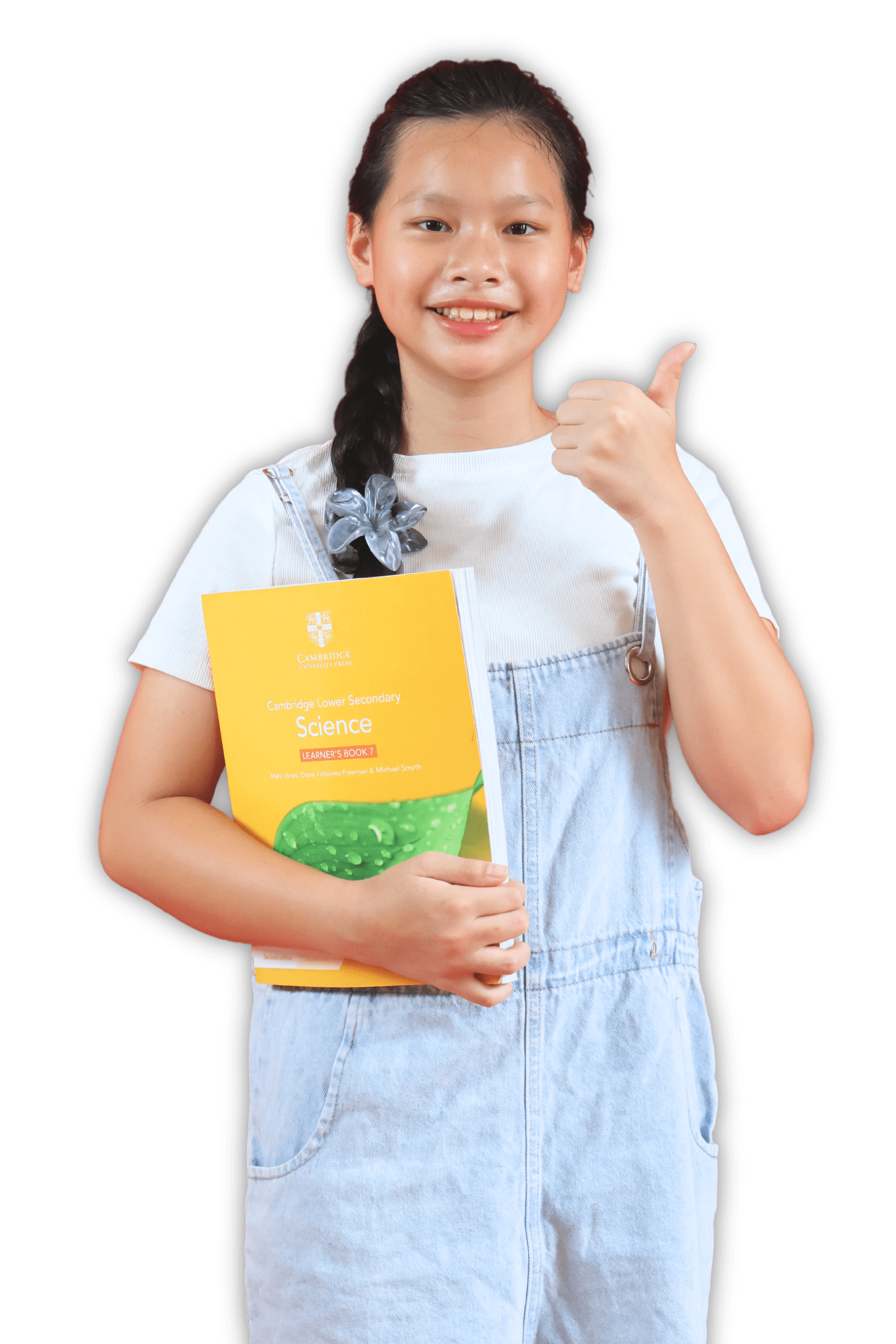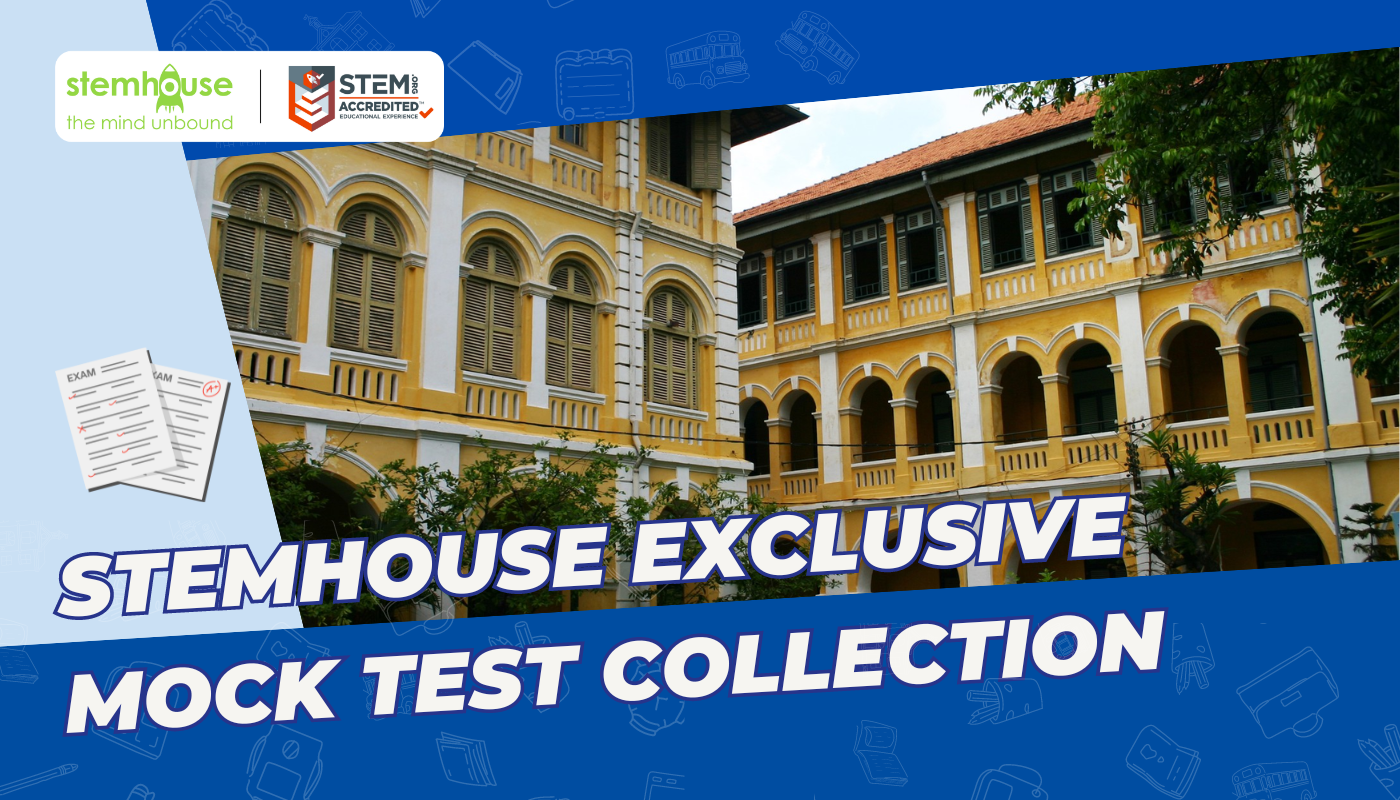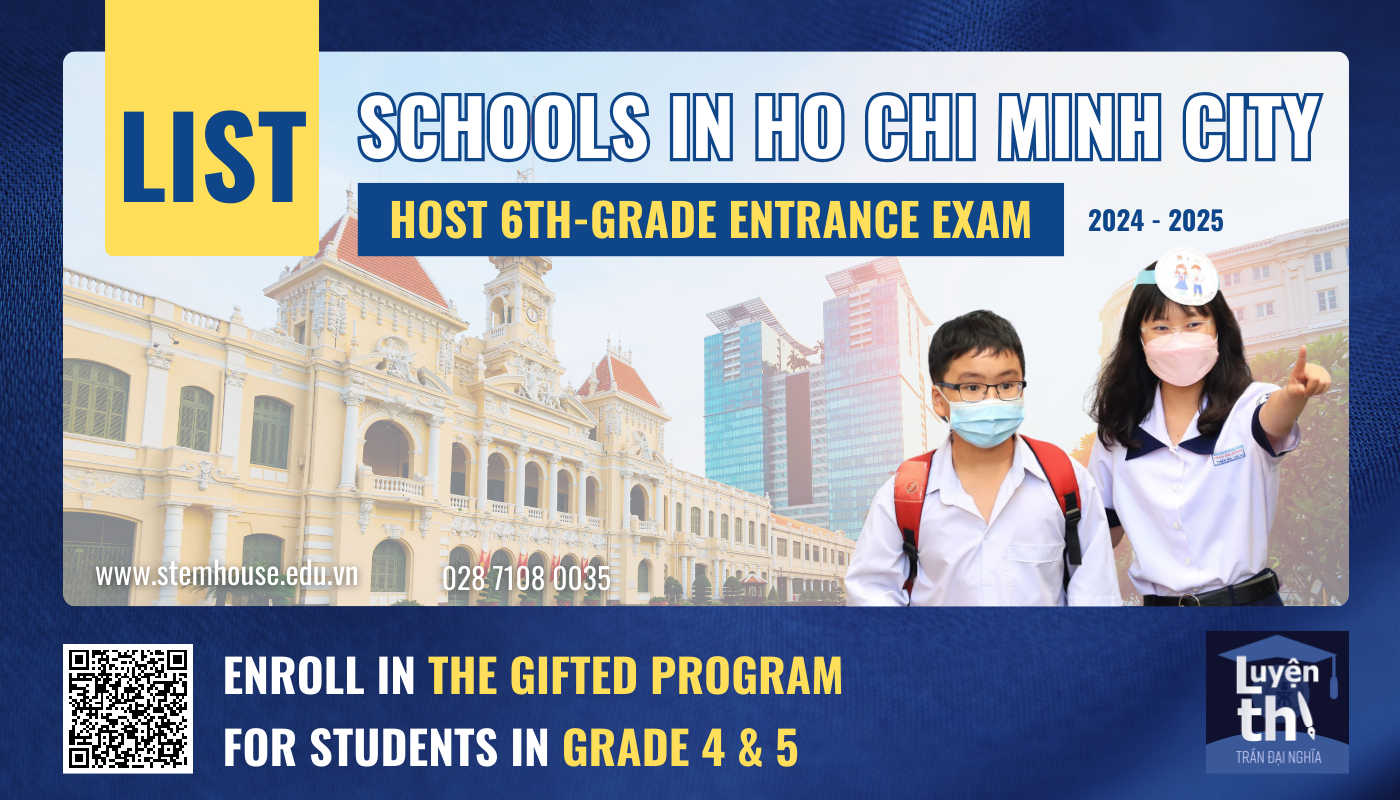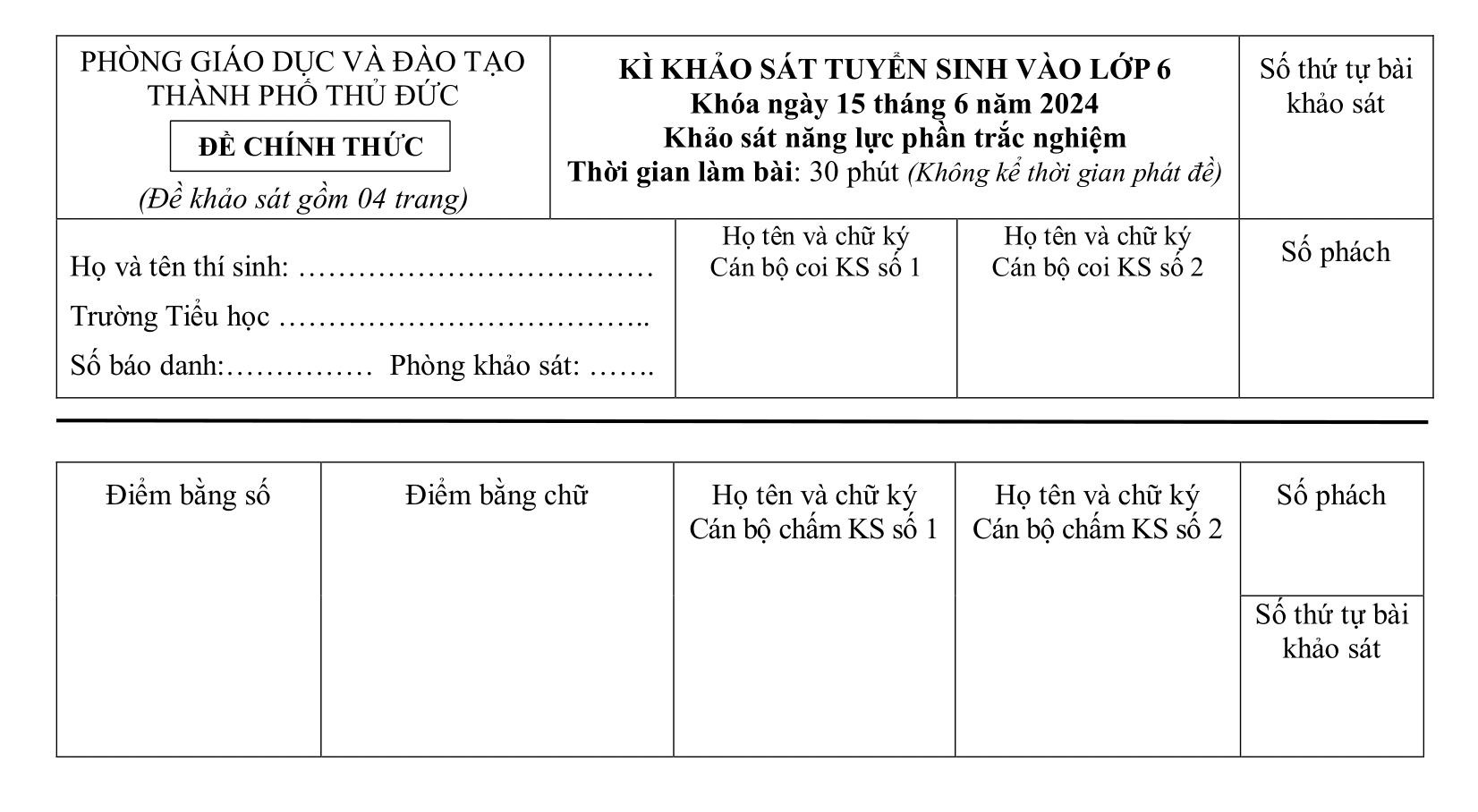[LATEST] MUST-KNOWN ADVICE FROM STEMHOUSE BEFORE TRAN DAI NGHIA 6TH GRADE ENTRACE EXAM
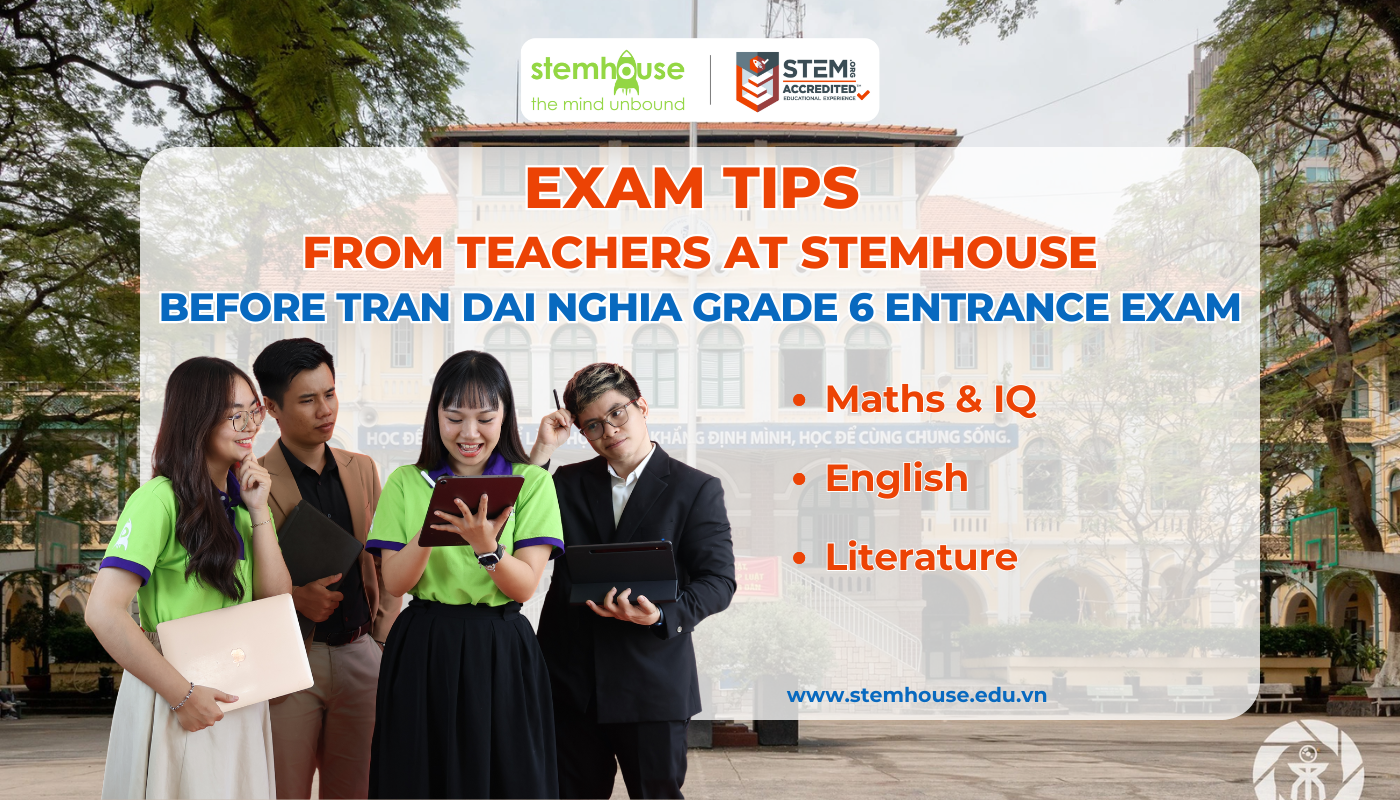
With just 3 days to go, over 4,300 students are gearing up for the 6th grade entrance exam at Tran Dai Nghia High School for the Gifted (04/07/2024). The “Essay section” covering “Maths & IQ, English, Literature” has always caused anxiety for both students and parents. Drawing on their extensive experience teaching the Gifted Program (GP) at Stemhouse, our teachers have put together some great tips to help you ace this exam.
Math & IQ
“Don’t forget to bring your pens, pencils, erasers, rulers, compasses, and calculators!
When answering multiple-choice questions, don’t panic if you see words you don’t know. Sometimes, these words are not so important. Therefore, underlining keywords is crucial. Keywords here can include:
- Numbers and their units
- Main verbs in the sentence
- Important subjects (name of objects, timeframes, significant milestones, etc.)
- The question (to avoid unnecessary calculations)
But remember, no underlining in the written part! Drawing or writing extra stuff on your answer sheet can get you points taken off.
Summarizing a math problem is a big help. Once you have identified the necessary information, remember to write it down on your scratch paper, draw diagrams if needed, and calculate carefully and neatly. This will make it easier for you to review your work.
Stay calm, be patient, and pay attention to details when solving math problems. Even simple ones can trip you up if you’re not careful.”
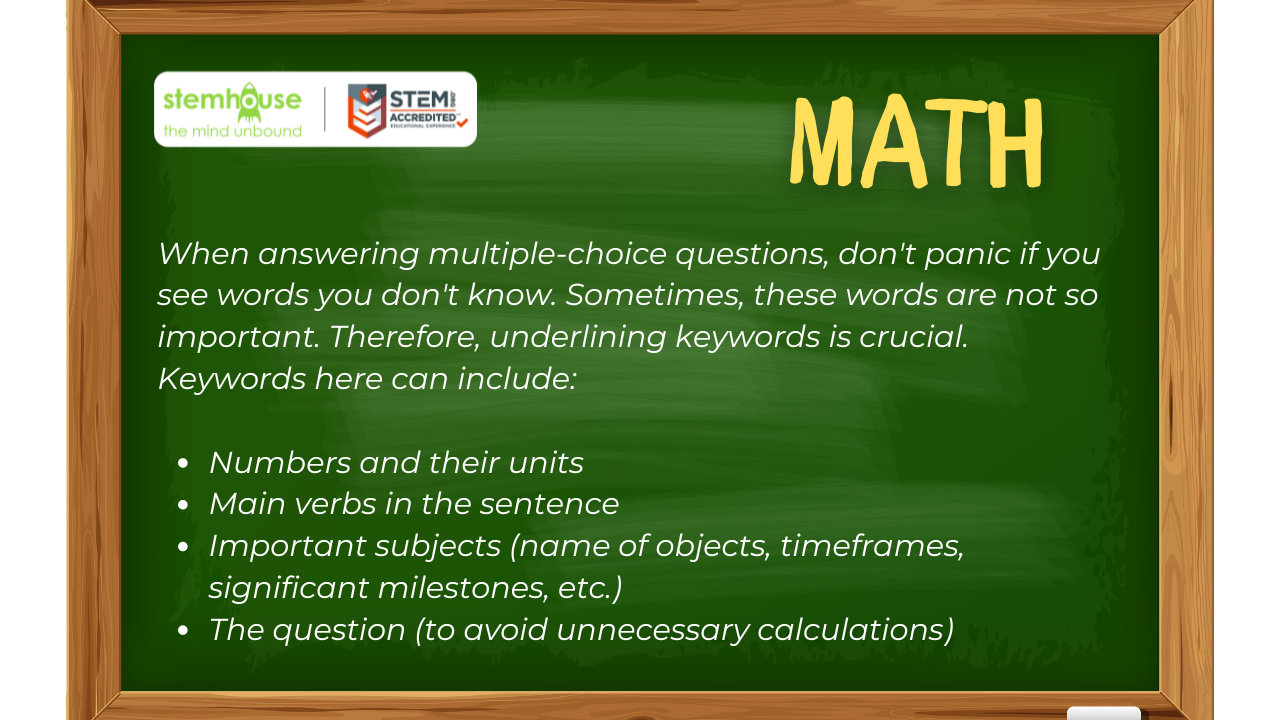
Literature
“Question type: Identify specific details, images, or elements that represent a particular content as required by the question (such as describing a sky, discussing a father’s contributions, portraying a character’s emotions, etc.)
- List all the details, images, or elements that you find in the text, adhering strictly to the prompt’s requirements.
- If the question specifies a quantity (e.g., two details, two images), ensure that you provide the exact number and choose the most relevant details, images, or elements to include.
Question type: State the main idea of the text
- Read the text and identify key words, then try to quickly answer these questions: Is the text narrative, descriptive, or expressive? What event is being narrated? What scene is being described? What emotions are being expressed?
- Write a concise answer, usually in one sentence. For example: “The text describes the beautiful moonlight scene in the countryside, thereby expressing the author’s love and pride for his homeland.“
Question type: Identify and explain the use of figurative language.
- Name the specific figurative language (e.g., simile, metaphor, personification, etc.)
- Point out the words or phrases exemplifying that figure of speech
- Explain the use (e.g., make the image ABC become…, make it easier for readers to visualize…, and at the same time increase the evocative power of the sentence/poem/expression)
Question type: Explain words and determine whether words are used in their literal or figurative sense.
- Look at the poem or sentence to figure out what the word means
- There are two primary figurative languages: metaphor and metonymy. Students should use these concepts to determine whether a word is used in its literal or figurative sense.
Question type: Identify the linking devices between sentences
- Recall the 3 types of linking devices you’ve learned: conjunctions, repetition, and substitution (using pronouns)
- Read the sentence carefully and identify the using linking device
- Specify the exact word or phrase representing the linking device
Question type: Application questions (according to you, give solution, why, how, message, how do you understand about…)
- Write a complete sentence. Make sure to use the keyword from the question and give a clear answer.
Question type: Vietnamese language knowledge (synonyms, polysemy, homonyms, compound words, reduplicated words, analysis of the grammatical structure of sentences…)
- Students mobilize related knowledge and apply it to specific questions in the test.
Question type: Write a paragraph on a topic (beauty of nature, gratitude to parents, the meaning of reading, sharing lifestyle, environmental awareness, what I am most proud of where I live…)
- In terms of form, it is necessary to ensure the form of the paragraph (indentation, capitalization of the first letter, punctuation at the end of the paragraph), ensure the number of sentences according to regulations, avoid spelling mistakes, word usage, sentence structure…
- In terms of content, students need to present the basic ideas:
+ Opening paragraph: lead and introduce the topic
+ Body paragraph: develop detailed ideas about the topic (state the meanings, roles, solutions…)
+ Conclusion: call, remind everyone’s awareness/reiterate the importance of the topic…
Question type: Write a paragraph recounting a content (memories of friendship, memories of teacher-student relationship, unforgettable situations, conversations with someone…)
- Regarding the content, students need to present the basic ideas:
+ Opening paragraph: introduce the story
+ Body paragraph: recount the main events and details of the story; combine telling, describing and expressing to make the story vivid
+ Conclusion: end of the story, meaning drawn from the story/emotions left after the story…
Question type: Write a paragraph introducing a book, movie… you have read/heard/watched.
- Regarding content, students need to present the following basic ideas:
+ Opening paragraph: introduce the book/movie… you have read/heard/watched.
+ Body paragraph: summarize the content, art, value of the book/movie…
+ Conclusion: meaning, value of the book/movie; emotions left after reading/listening/watching…
Question type: Write a paragraph about your feelings about a poem/paragraph given in the topic
- Regarding the content, students need to present the basic ideas:
+ Mở đoạn: giới thiệu tên tác phẩm, tác giả
+ Opening paragraph: introduce the name of the work, author
+ Body paragraph: feelings about the content and art of the poem/paragraph (feelings about the scenery, people, emotions expressed in the excerpt; feelings about typical arts such as rhetorical devices, images, language in the excerpt…)
+ Conclusion: the message of the excerpt, the feelings or lessons that you have learned from the excerpt…”
English
“For English questions, when doing multiple choice tests, you should try to do them from top to bottom, mark the difficult questions and skip them, instead of trying to choose the easy ones because it will take more time. You should try to analyze the questions carefully, consider factors such as word type, tense, singular and plural, meaning, etc. and come up with your own answer before looking at and choosing the answer.
For listening test, it is extremely important to read the questions carefully and analyze them before listening. You need to understand the requirements of the questions (for example, multiple choice, True False, or fill in the blanks? If fill in the blanks, how many words should you fill in?) and predict the answers in advance (does this need a name, or a number, or a time, place, etc.). While listening, try to concentrate 100% from the beginning to the end of the listening passage. If you lose focus even for a moment, you will easily miss information. Remember to pay attention to the places that are easy to confuse (sorry, however, but….). After listening, remember to fill in the answers in the correct place and check carefully (spelling, answer order, number of words, etc.).
When doing the reading, don’t rush through it. First, skim quickly to get the main idea (e.g. what the passage is about, how many paragraphs there are, etc.). Then read the questions and analyze the keywords, then use these keywords to scan the passage to find the answer. This will save you more time.
For the sentence writing part, remember to read the question requirements carefully (arrange, add words, or write your own sentences, use tenses, etc.). After writing, remember to check carefully whether the beginning of the sentence is capitalized, whether the end of the sentence has punctuation, whether there are spelling mistakes, whether the tense is correct, etc.
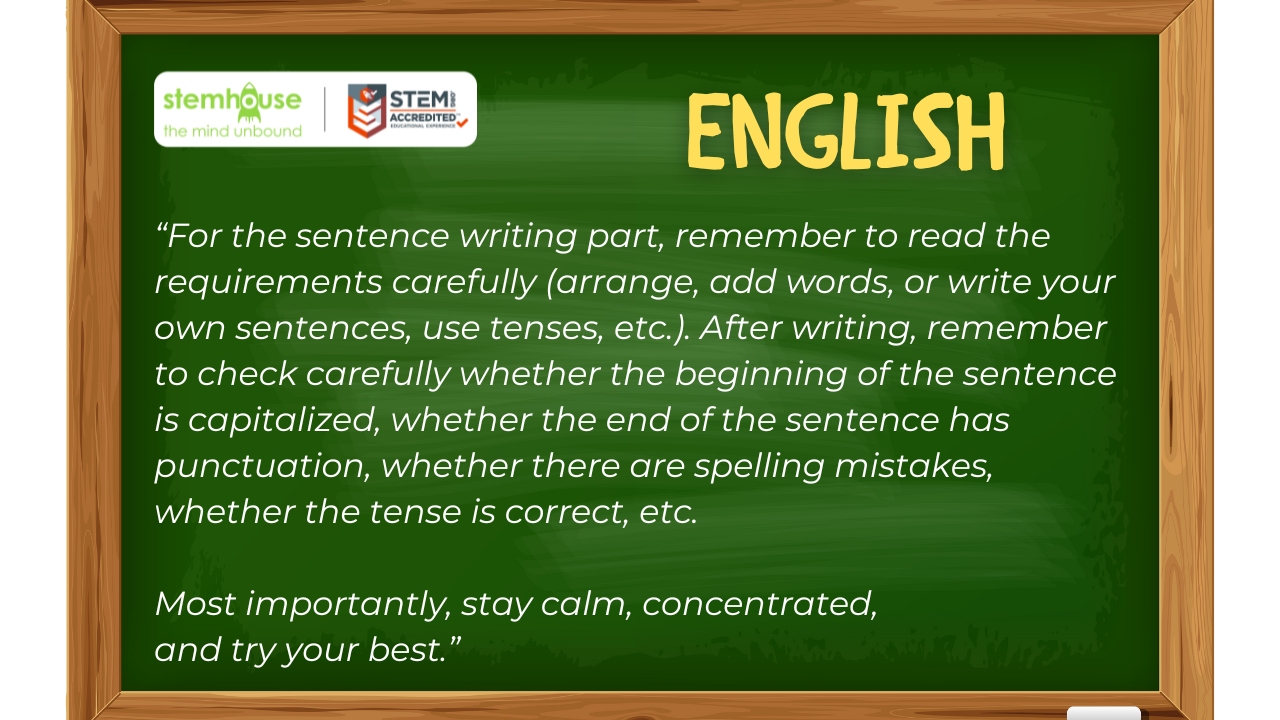
Above all,
STAY CALM, FOCUSED, AND DO YOUR BEST
After a long time studying and reviewing for exams with teachers at Stemhouse, teachers understand that you have tried your best during the review period. Teachers understand and always believe in the ability and learning and exam goals of each student in class GP4, GP5 (classes reviewing for grade 6 entrance exams at key schools).
This important exam is the time for students to demonstrate the knowledge and skills they have learned and practiced over the past 1-2 years at school and center. This is also an opportunity for students to demonstrate their maturity and trust in teachers, who have always accompanied them on their journey to conquer their dream school.
However, the most important thing in the days counting down before the exam is that students need to take enough time to rest to ensure the best health and spirit for the exam day. Instead of worrying and stressing, teachers hope that students will maintain their confidence and believe in themselves. Stay calm, focus and do your best in the exam.
Teachers believe that with careful preparation from students and support from family, school and center, GP5 students will achieve good results in the upcoming entrance exam to grade 6 at Tran Dai Nghia school. Wishing you success and the best results!
Popular Posts
